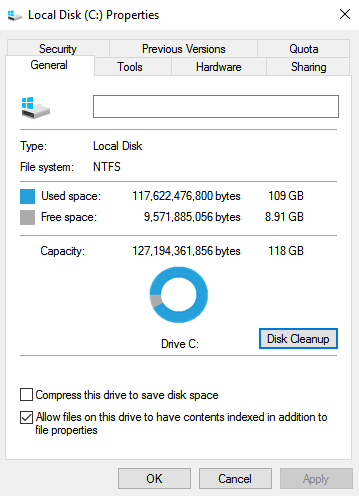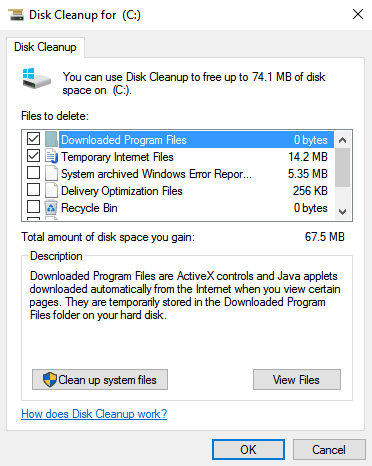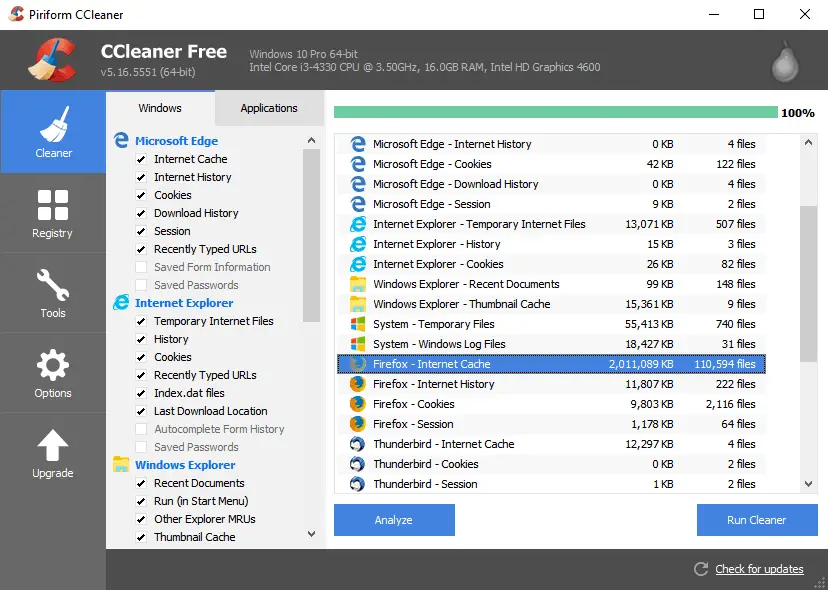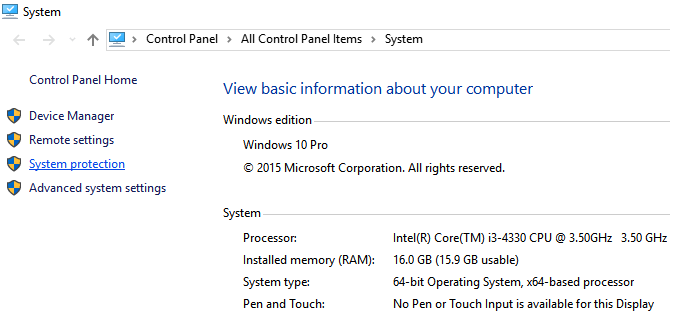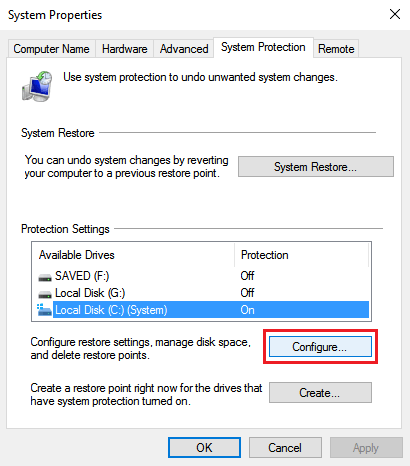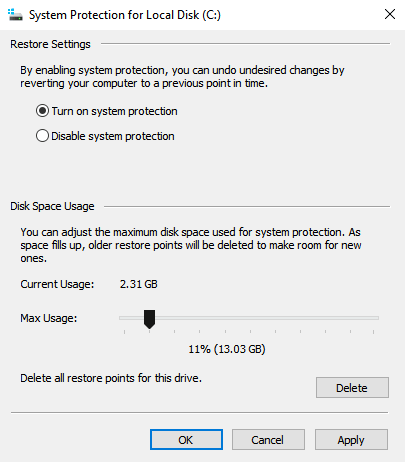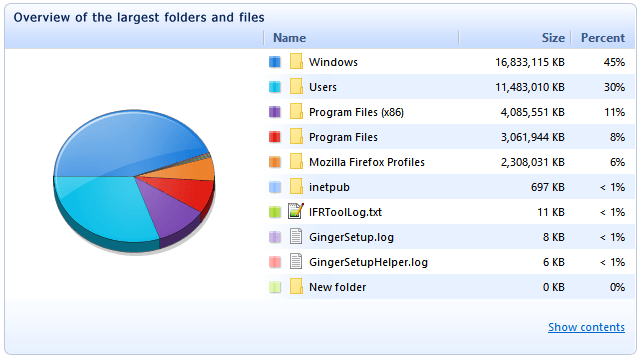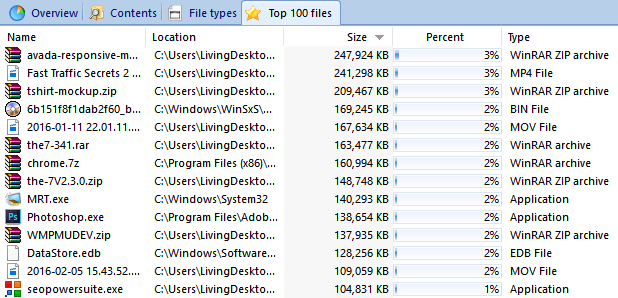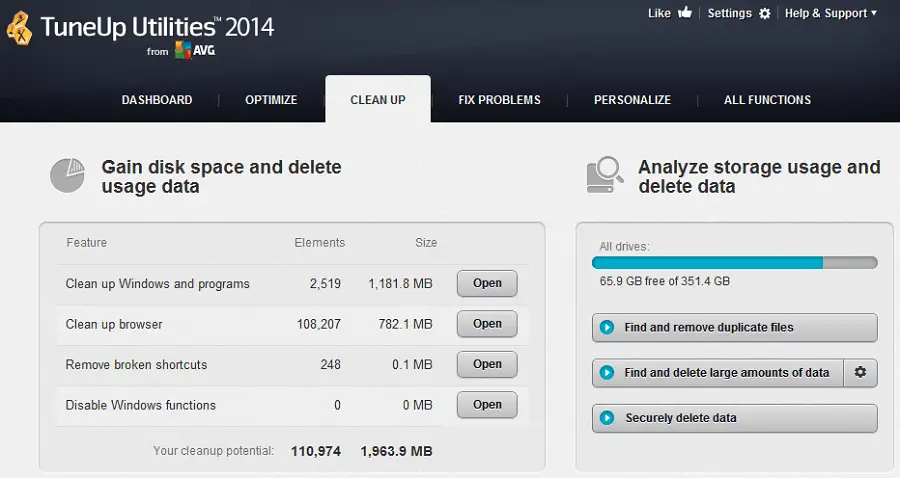Disclaimer: This post may contain affiliate links, meaning we get a small commission if you make a purchase through our links, at no cost to you. For more information, please visit our Disclaimer Page.
You might not notice, but hard disk drives or solid-state drives (SSDs) are getting larger, in the size of storage space, over time. For example, Samsung has recently introduced the world’s largest solid-state drive (SSD) that comes with 16TB of storage space. That is a lot of space in a tiny SSD, right?
However, it will cost you a lot of money if you choose the largest one. Of course, it would be great if we have a hard drive or SSD with a large space, which can store anything we want.
Most of the users told us they are always running out of storage space on their computer although they have purchased a new hard drive with a larger storage space. It seems that most hard drive or solid state drive will be filled up soon enough. And there is no free space left to store necessary files. Adding a new hard drive or upgrading the existing one is the easiest solution. But if you don’t have much budget to spend on a new hard drive or SSD, try useful methods below to free up your storage and use it for necessary programs and files.
How To Free Up Hard Disk Drive On Windows?
The first and easy method to free up your storage space is using the built-in tool in Windows. It allows you to remove temporary and unnecessary files on your hard drive. To use this tool, go to your My Computer or press Windows + E, right-click the drive you want to cleanup and select Properties, and then select “Disk Cleanup“.
This tool also allows you to clean up system files, including download program files, archived system files, error logs and Windows update backup files.
You can access this tool by click on the Start button and search for “Disk Cleanup“.
There is an option that allows you to remove Windows System Restore data. It will delete all restore points on your computer. Make sure your computer is working properly before removing them, because if there are any errors occur, you will not be able to roll back your Windows computer.
Clean Temporary Files With CCleaner
The Disk Cleanup in Windows is a useful tool that helps us to clean up your hard drive and release the free storage space for other programs. However, it doesn’t allow us to remove temporary files from other programs like Mozilla Firefox or Google Chrome.
With CCleaner, you will be able to delete cache files, cookies, browsing history and other things of the web browser. I have seen a lot of cache and cookies files of the internet browser that use Gigabytes (GB) of hard disk drive space. So, I would recommend you download CCleaner, start to analyze your browsers and clean these temporary files.
CCleaner also allows you to clean up unnecessary system files as well as Windows junk files. Just stick the checkbox and start to remove these files from your Windows PC to have more storage space.
Uninstall Unused Applications To Save Storage Space
If you have installed too many applications on your Windows computer, but don’t use them much. I would suggest you to uninstall these unnecessary programs to save space on your hard drive. Some programs might take several GB of your hard drive space. By removing these applications, you will have more space to install critical apps.
To uninstall a program in Windows, go to Control Panel > Programs and Features, and then right-click on the program you want to remove and select “Uninstall“.
Consider to remove any unnecessary programs only because when you need to use it; you have to download and install it again. If you are using Windows 10, you can install apps on an SD card, USB drive or any external hard disk drives. It would be helped to save free space on your primary partition (C:\) for the Windows OS.
Reduce Storage Space That Is Using For Windows System Restore
You know, the System Restore is a very helpful feature of Windows. It helps you to create restore points automatically when you do any change in Windows. From these restore points, you will be able to roll back the computer if something goes wrong.
But if “System Restore” is using a lot of your storage space for creating and storing restore points, you can decrease the amount of allocated space for “System Restore” function. By reducing this space, you will have fewer restore points to restore from. As I have mentioned above, if your computer is working properly at this moment, try to clean up all system restore points to have some more spaces.
To decrease allocated space for “System Restore“, right-click on “My Computer” or “This PC” (depends on your version of Windows), and then select “System Protection“.
In the “System Properties” window, select “Local Disk (C:) (System)” and click on the “Configure” button.
Under “Disk Space Usage“, drag the slider back and save your storage space on the hard drive.
Find And Delete Large Files On Your Windows Computer
Sometimes, you may have download large files (compressed files, HD videos, installation files) and store on your computer. But you forgot to remove them after using. This will take a lot of storage space on your hard disk drive.
By removing these large files, you will gain more free space on your hard disk drive. But how to find those files when you don’t remember where you have stored them?
There is a tool called TuneUp Utilities, which will automatically scan and show you the list of large files on your hard drive. It’s a premium tool, but you can try it for 30 days.
More specific, it will list you folders that are used much space of the drive. Just click on any folders to locate the child folders or large files.
You can also view the top 10 or top 100 large files and then consider and decide to delete them or not
With this tool, you can gain more storage space by cleaning up your computer. It allows you to clean up Windows OS and programs, clean up browsers and disable Windows functions to obtain more free space. You can also use it to find and delete duplicate files on your hard drive to save storage space.
If the above methods can’t help you to gain much storage space on your Windows computer, try to disable “Hibernation” feature to have more free space. “Hibernation” is a built-in function in Windows. It will automatically save all contents of your RAM to your hard disk drive in the C:\hiberfil.sys file.
The next time you start your computer, it will restore you back where you left. For example, if you open several important tabs on Google Chrome browser and turn off the computer through the “Hibernation” feature. All of these tabs will be saved to the “hiberfil.sys” file and will be restored back when you boot up the computer. To save hard drive space, let disable “Hibernate” function.
See Also: How To Fix This Copy Of Windows Is Not Genuine Error?
You can also disable “System Restore” to have more room for other files and programs. But when something goes wrong on your Windows computer, there is nothing available to roll back. So, disable this feature with your own risk.

